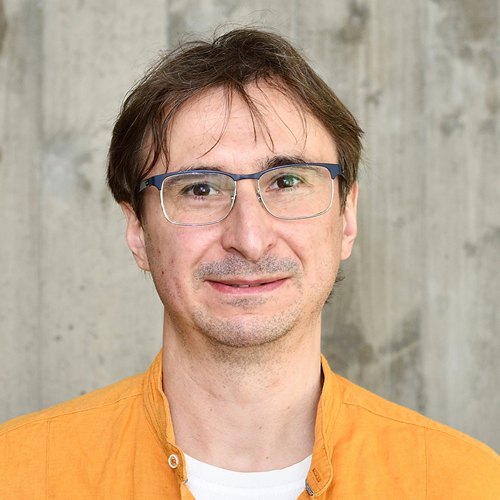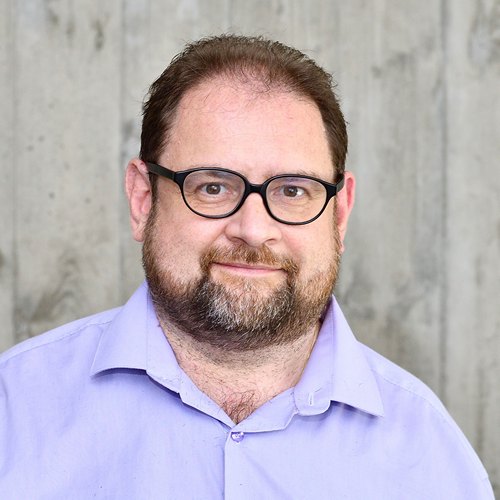Call for Papers
EARI Conference 2025, Prague
2–4 June 2025, Czech Academy of Sciences, Prague / in person
Further information: Martin Franc | Jan Surman | Johannes Feichtinger
Deadline for proposals: 14 February 2025
Website: https://europeanacademiesresearch.org/about/
Notification of acceptance: 14 March 2025

Mosaic “Kyiv Academy”, Institute of Theoretical Physics of the National Academy of Sciences of Ukraine, Kyiv. Artist: Mykola Storozhenko (1969–1971). © Roman Malenkov, https://ukrainaincognita.com, with kind permission
Identity building in 20th century European Academia
How political changes shaped the culture of remembrance of scientific institutions
The century that witnessed two World Wars, imperial decline and the growth of national self-consciousness also brought about an intense search for historical traditions on which both university and non-university science and research institutions could establish themselves and defend their position in national and international arenas. This process was particularly intense in the newly established states of Central and Eastern Europe, which sought to consolidate their identity in every way possible. Both old and newly founded institutions were engaged in identity politics. What did this consist of? Which goals were being pursued? And to what extent were they achieved? While some institutions presented themselves as the vanguard of modernity, not based on but instead breaking with the past, most constructed and presented specific histories. The EARI 2025 annual conference will inquire into these processes of identity construction, focusing on academies of sciences and other academic institutions.
All across Europe, the construction of traditions and the establishment of the desired historical memory of scientific institutions became an important tool of self-assertion and public recognition. Inventing traditions could serve to assert Soviet power in its satellite states as well as provide self-assurance for colonial powers overseas or ruling nations or classes in newly formed states.
Popular forms of tradition construction included the celebration of various anniversaries, the commemoration of historical figures, the naming of prizes and awards, and representative editorial undertakings. An important role was assigned to the architecture of academic buildings, symbols such as seals, diplomas and university insignia, various rituals, and special elements of attire. This went hand in hand with the “purification” of the traditions and historical memory of national academies of sciences and other institutions, which entailed the removal of elements considered undesirable. These could be reminders of monarchy, traces of involvement in colonialism and imperialism, and also vestiges of the Nazi period, the Vichy regime or the communist era in post-Socialist Eastern and East Central Europe. Memory competitions, such as those concerning anciennity or historical relevance, were of importance both nationally, in the competition between academies and between academies and other academic institutions, also internationally.
This process of identity building took place against the backdrop of fundamental transformations in the basic definition of academies of sciences in Europe. In this period, natural sciences and engineering were becoming increasingly important while the social sciences and humanities, which had played a key role in the national conflicts of the 19th century, were declining in significance. Science ceased to be seen primarily as part of national culture and its economic and strategic potential began to be emphasized. Therefore, the academies of sciences, which had initially been vital parts of nation building processes and nationalist conflicts, had to change their branding to better compete with other specialized academic societies, such as those focused on agriculture or technology. This led to new narratives of academies as historically pro-industrial or, conversely, as historically pro-environmental organizations. The past was constantly re-interpreted and tailored to a specific public in specific media.
To what extent, then, have political, social, and cultural changes shaped the cultures cultures of remembrance and the understanding of tradition in scientific institutions, especially academies of sciences and humanities? And in what way?
We invite potential contributors to submit case studies and contributions that go beyond individual cases, analyzing historical trends and addressing comparative and transnational issues.
Please submit an abstract of approx. 300 words and a short CV (1 page max.) or alternatively the link to an individual page within an academic institution’s website. Submit by 14 February 2025 by emailing Christiane.Diehl@leopoldina.org.
TRAVEL GRANTS: Support for travel expenses will be available for contributors who do not have recourse to any other institutional funding.
The organizers would be grateful if you could advertise the conference via your own networks.
---
Organizing committee: Christiane Diehl (Halle/S.), Johannes Feichtinger (Vienna), Martin Franc (Prague), Tomasz Pudłocki (Cracow), Jan Surman (Prague)
Organisation: Masaryk Institute and Archives of the Czech Academy of Sciences, Prague; European Academies Research Initiative
Date, Venue: 2–4 June 2025, Czech Academy of Sciences, Prague


